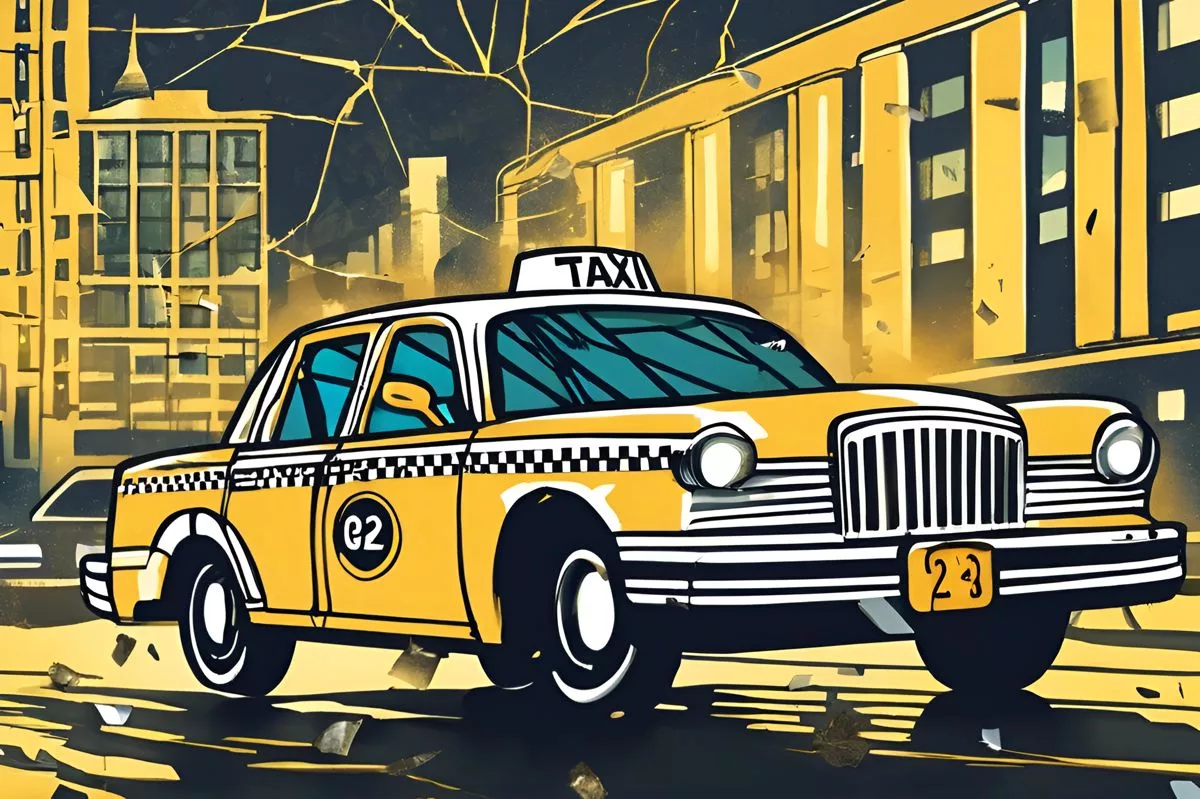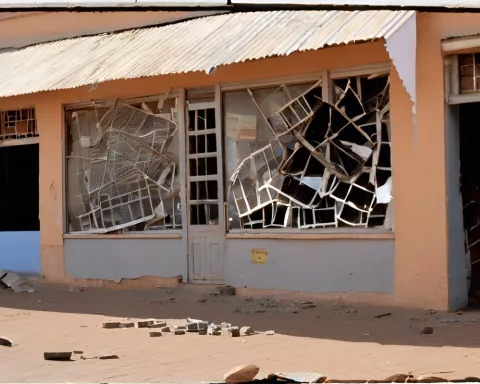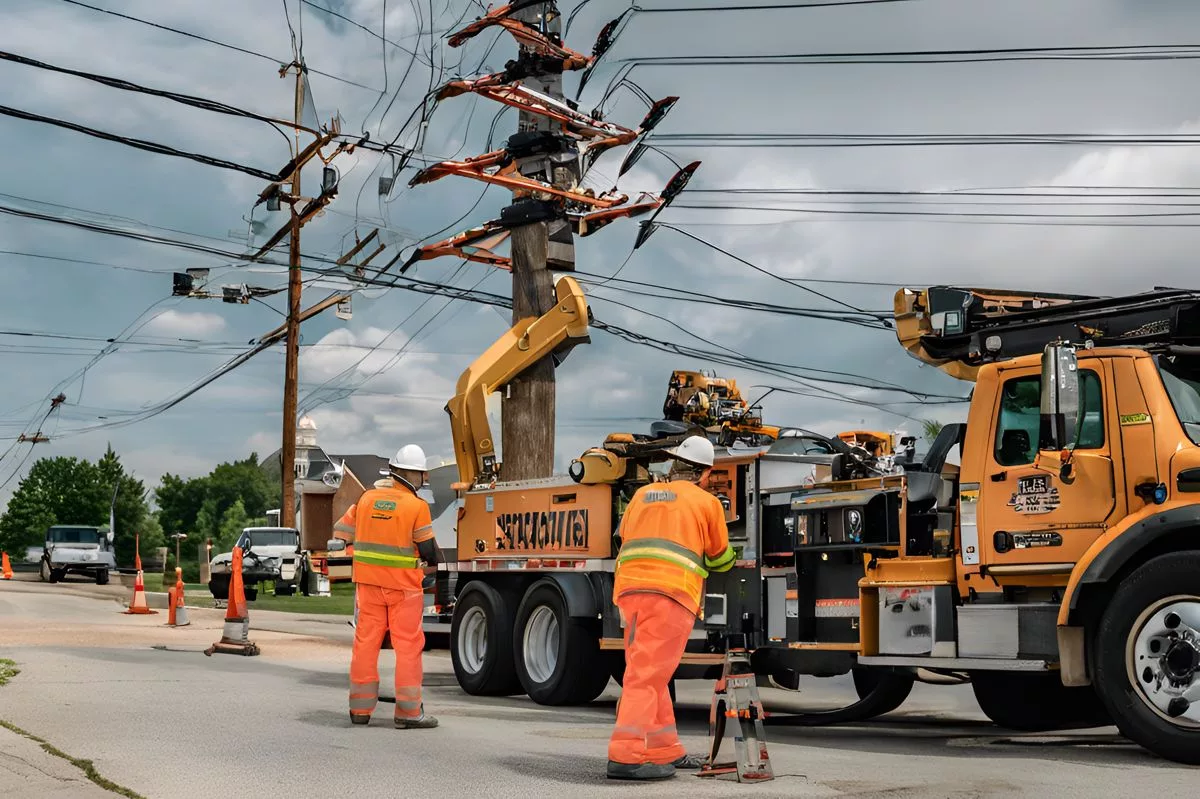The Cape Town taxi industry is facing a disturbing outbreak of violence, with twelve people killed in January and February. The violence is believed to be caused by internal disputes over lucrative routes, rather than between rival associations. The industry leaders are working with the police to intervene and stabilize the situation, and heavy security measures have been implemented to keep taxi drivers and ranks safe. However, the fear and frustration of the taxi drivers are palpable, and the path forward remains uncertain.
The Cape Town taxi industry has been plagued by a wave of violence and escalating murders, with twelve individuals killed between January and February. The Cape Amalgamated Taxi Association (CATA) has been hit hard, and the violence is believed to be related to internal disputes over lucrative routes, rather than between rival associations. The situation has led to growing apprehension within the sector, and industry leaders are collaborating with police to intervene and stabilize the situation. Heavy security measures have been put in place to safeguard taxi ranks and drivers.
A Disturbing Outbreak of Violence
Between January and February, Cape Town’s taxi industry witnessed an unprecedented escalation in violence. The shocking events led to the deaths of twelve individuals: eight taxi drivers, three proprietors, and a passenger. The majority of these horrific episodes occurred in the districts of Delft, Nyanga, Crossroads, and Philippi. The industry’s major player, the Cape Amalgamated Taxi Association (CATA), has suffered a significant number of the casualties.
A shocking event in the timeline of increasing violence took place on February 10 in Nyanga. A young, 20-year-old taxi driver became the most recent casualty of this unsettling trajectory. The horrific incident was graphically detailed by Police spokesperson Captain Frederick van Wyk. The young man was discovered lifeless in his taxi, the victim of a fatal series of gunshots. This gruesome incident highlighted the risks that taxi drivers grapple with every day. This event, and others that predate it, is believed to be related to the taxi industry, a claim which substantiates the growing apprehension within the sector.
The Underlying Cause: Potential Internal Conflict
Historically, violence in this field has been attributed to territorial disagreements between competing associations. Nonetheless, the recent wave of murders indicates a potentially more deep-rooted feud brewing within the ranks of CATA, primarily over two sought-after routes: Nyanga to Cape Town and Sea Point.
CATA’s spokesperson, Nkululeko Sityebi, has made attempts to debunk the notion of internal strife within the association. He firmly declared that the murders are tied to the Cape Town and Sea Point route operated by CATA. However, he was adamant that it would be incorrect to describe this as a conflict within CATA. Sityebi conceded that the association is struggling to manage the situation and is endeavouring to consolidate its members to discuss the continuous violence. This undertaking is currently hindered by the unavailability of some members.
The pervasive dread ignited by these events has driven several taxi drivers to contemplate staying home, a drastic step that underscores the gravity of the situation. Despite their anonymity, their fears and frustrations are palpable as they grapple with an elusive enemy.
The Response: Condemnation and Security Measures
Sityebi also voiced significant concern over the surge in violence aimed at CATA drivers. He confessed that the association is powerless to prevent these attacks, adding pointedly, “We must be concerned because we don’t know where this is coming from. As a taxi industry, we want to know who is targeting our CATA drivers.”
Ricardo Mackenzie, MEC for Urban Mobility, has expressed strong condemnation of the violence and extended his sympathies to the families of the victims. He labeled the attacks as “despicable” and harmful to public confidence in the country’s transport services, a critical component of its growth. As a response to the crisis, Mackenzie disclosed that department officials are collaborating with the South African Police Service and industry leadership to intervene and stabilize the situation.
To enhance safety, the Nyanga taxi rank is now under the vigilant supervision of heavily armed security guards. This step demonstrates the severity of the situation, a grim reminder of the violence that has devastated Cape Town’s taxi industry, and the immediate necessity to re-establish order.
The Path Forward
As the city wrestles with this crisis, it’s evident that the road to resolution is lined with uncertainty and danger. Yet, within the chaos, there’s a persistent determination to suppress the violence and safeguard those who play a crucial role in the city’s transport system. Despite the challenges, the resolve to bring the situation to a peaceful resolution remains unshaken.
1. What is the current situation in Cape Town’s taxi industry?
The Cape Town taxi industry is currently facing an alarming outbreak of violence, with twelve people killed between January and February, primarily in the districts of Delft, Nyanga, Crossroads, and Philippi. This wave of violence is believed to be caused by internal disputes over lucrative routes within the Cape Amalgamated Taxi Association (CATA), rather than between rival associations.
2. What is the cause of the violence?
While violence in the taxi industry is typically attributed to territorial disputes between competing associations, the recent wave of murders suggests a more deep-rooted feud within CATA, mainly over two sought-after routes: Nyanga to Cape Town and Sea Point.
3. What is being done to address the situation?
Industry leaders are working with the police to intervene and stabilize the situation, and heavy security measures have been put in place to safeguard taxi ranks and drivers. The Nyanga taxi rank is now under the vigilant supervision of heavily armed security guards.
4. How are taxi drivers reacting to the violence?
The pervasive dread ignited by these events has driven several taxi drivers to contemplate staying home, a drastic step that underscores the gravity of the situation. Despite their anonymity, their fears and frustrations are palpable as they grapple with an elusive enemy.
5. What is the government’s response to the crisis?
Ricardo Mackenzie, MEC for Urban Mobility, has expressed strong condemnation of the violence and extended his sympathies to the families of the victims. As a response to the crisis, department officials are collaborating with the South African Police Service and industry leadership to intervene and stabilize the situation.
6. What is the path forward?
As the city wrestles with this crisis, the road to resolution is lined with uncertainty and danger. Yet, within the chaos, there’s a persistent determination to suppress the violence and safeguard those who play a crucial role in the city’s transport system. Despite the challenges, the resolve to bring the situation to a peaceful resolution remains unshaken.












